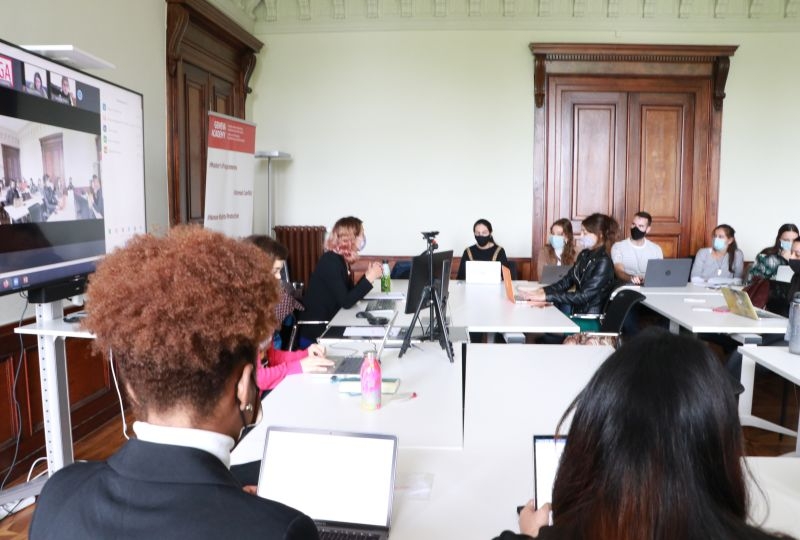I am Jean-Paul, and I come from Burundi – a beautiful country of a thousand hills in East Africa. I am married to Claudia Munyengabe, a skilful theatre writer and actress. With her, God blessed us with a now two-month daughter, Selah Ningabe.
Having grown up amid an inter-ethnic crisis in my country, I joined the Department of Political Science and International Relations at the Université du Lac Tanganyika in my country, with the objective to contribute to sustainable peace in Burundi. While studying at the university, I trained more than 500 university students on the topics of ‘Etat-Nation et Démocratie’ for the Ndakunda Uburundi (I love Burundi) movement.
After my studies, I worked as a research assistant on local governance dynamics following a conflict, then as a media hate speech analyst at the La Benevolencija-Burundi, and lastly as a trainer, researcher, and project lead on the bottom-up approaches in transition societies at Impunity Watch in Burundi. During these years, I developed critical skills on consolidated theories of conflict and the management of wounded memories.
Currently, and thanks to the scholarship I received to study at the Geneva Academy, I can acquire other tools to accompany transitions while also sharing my experiences with fellow students.
In my life, when time and means allow, I like travelling to learn how our diversity – different beliefs, colours, and cultures – is the most beautiful thing our world can ever have.











